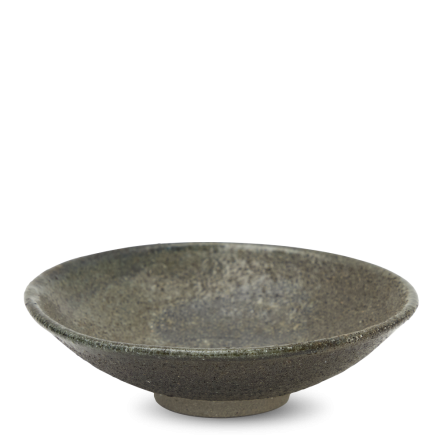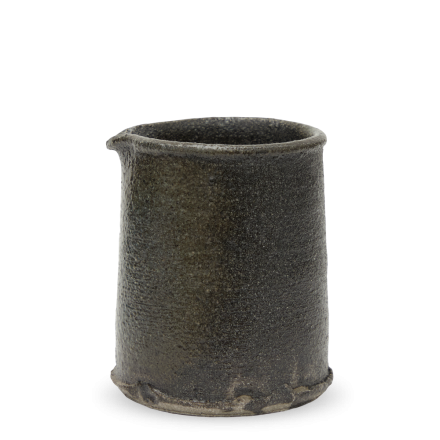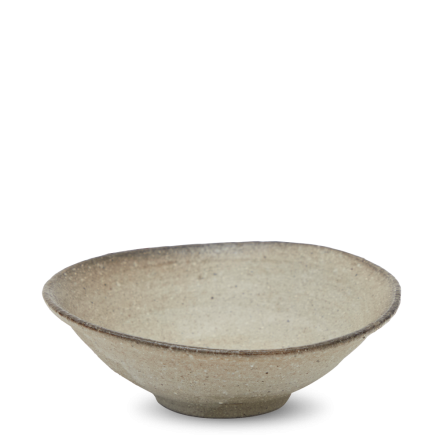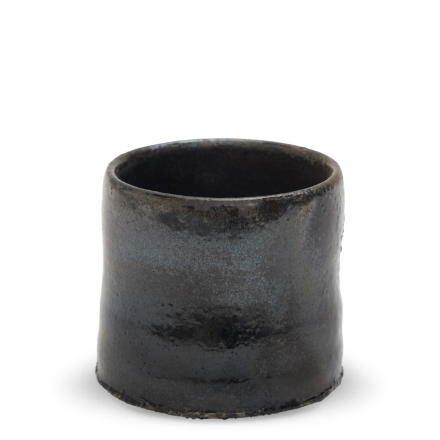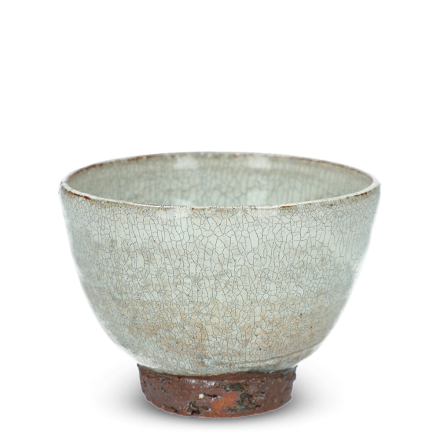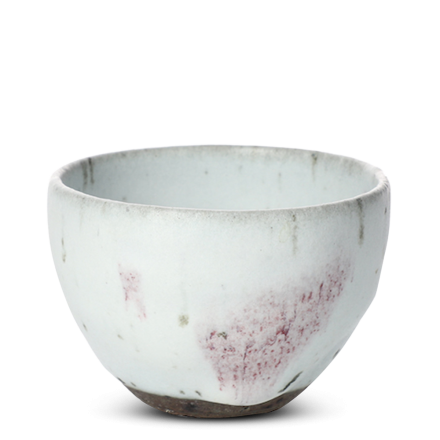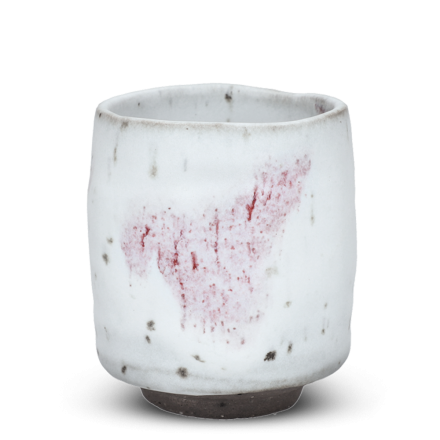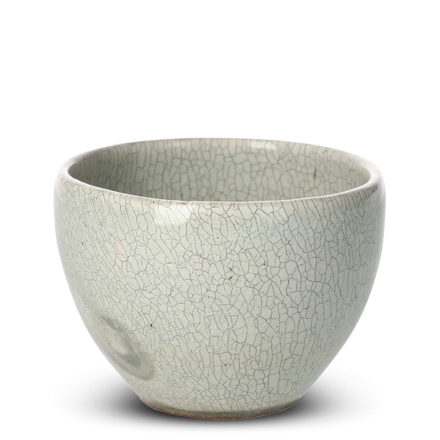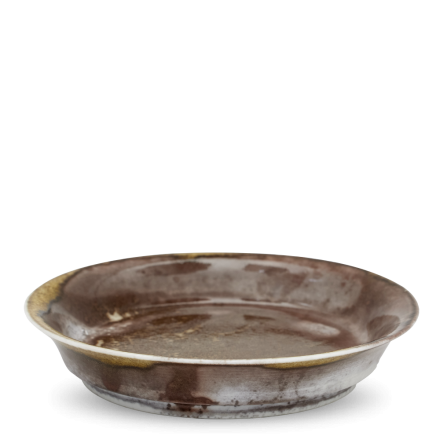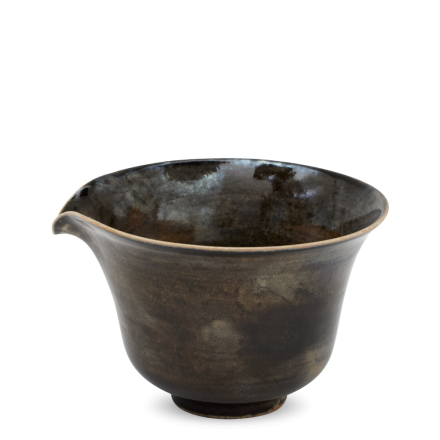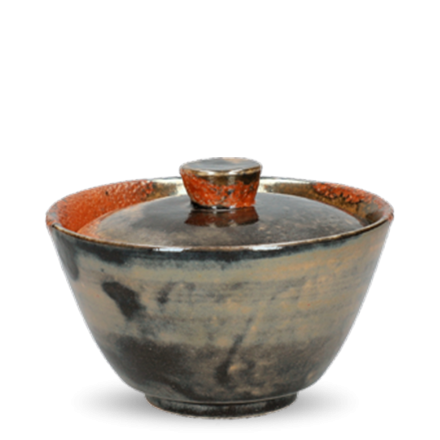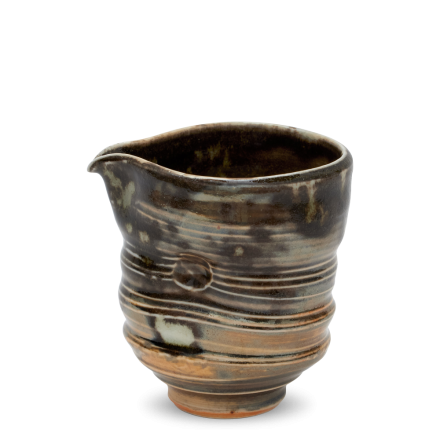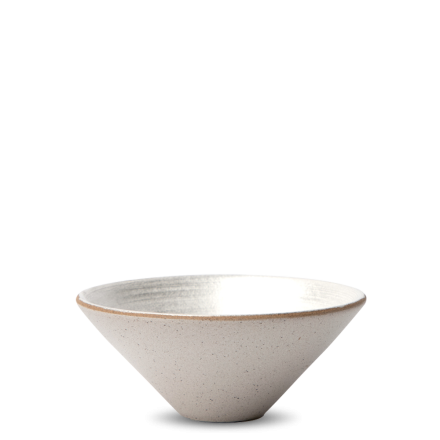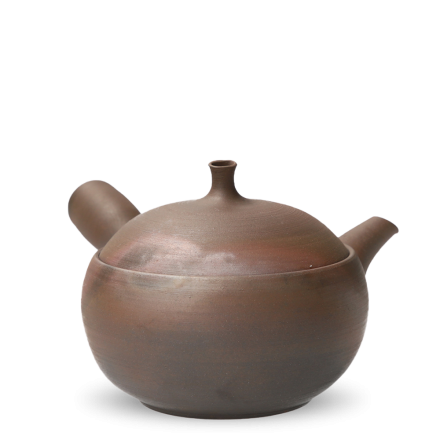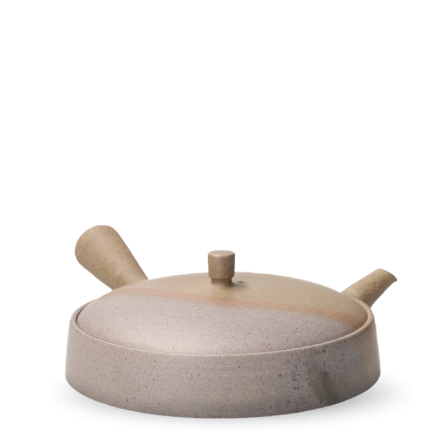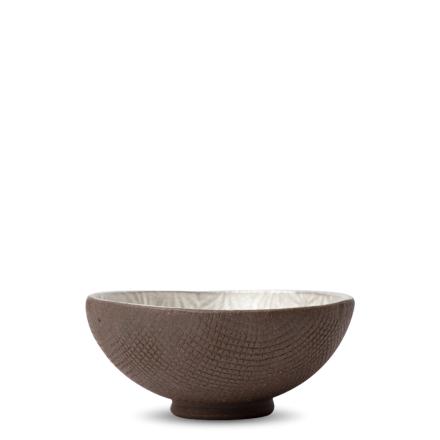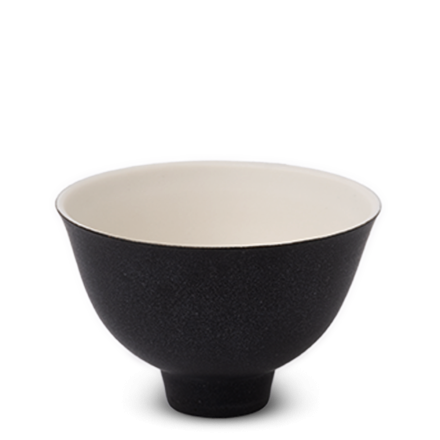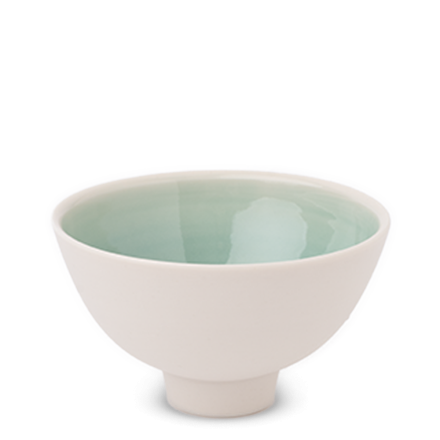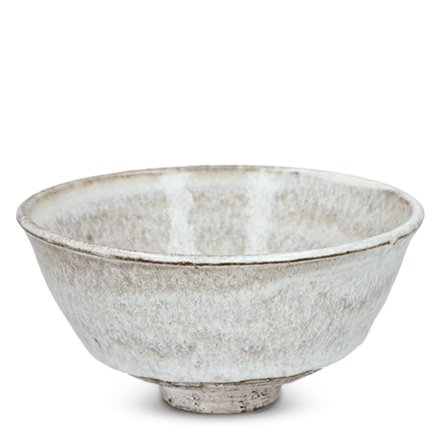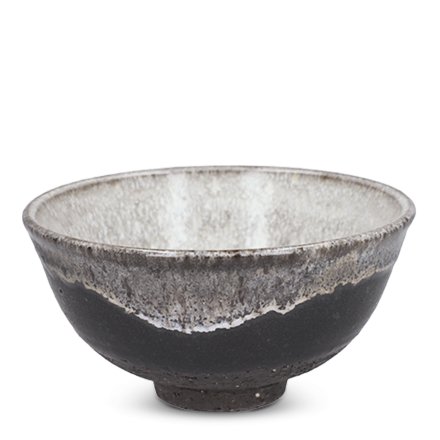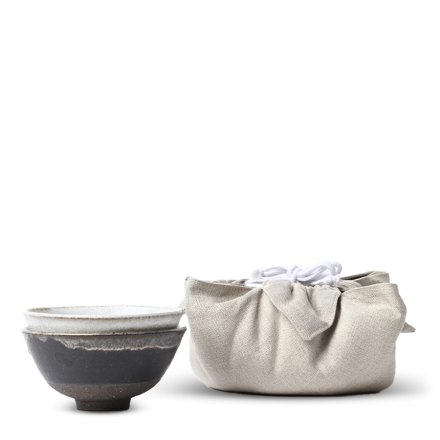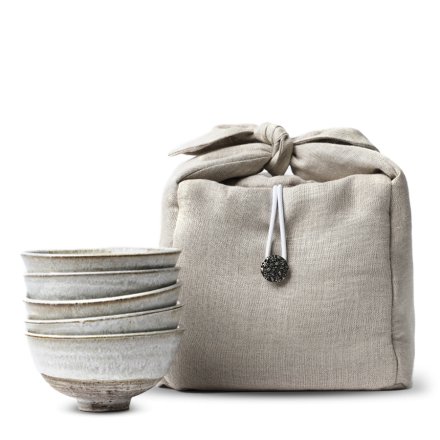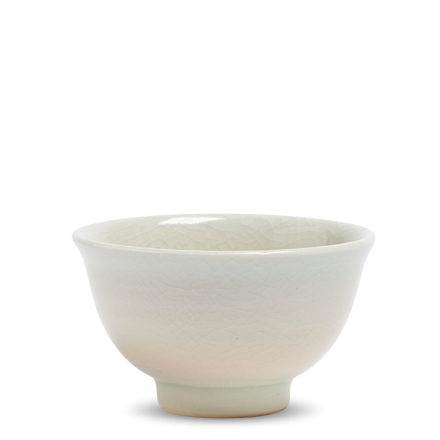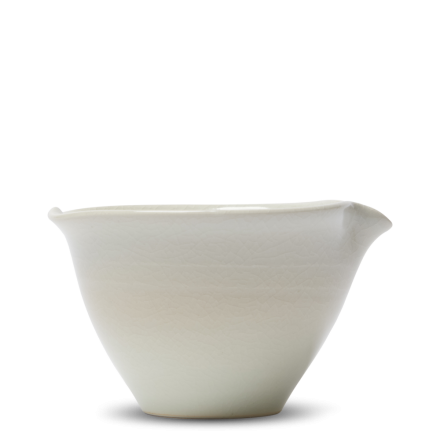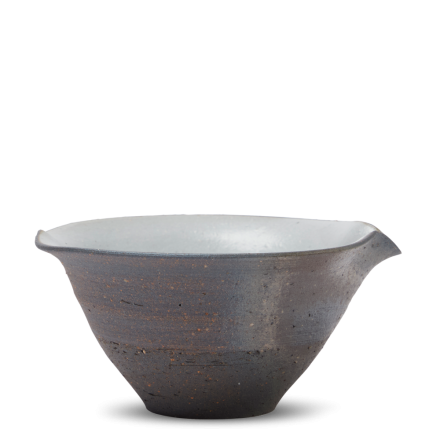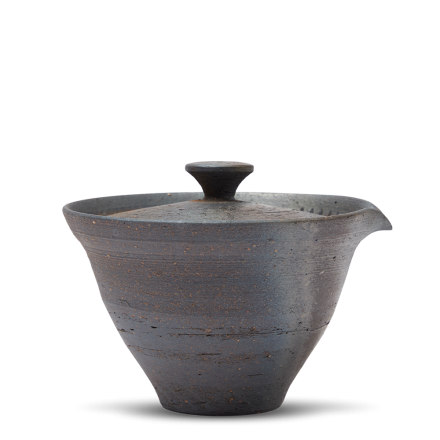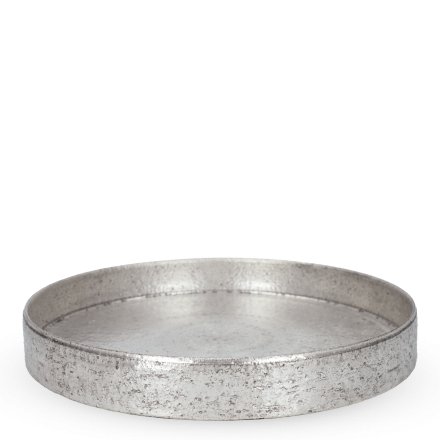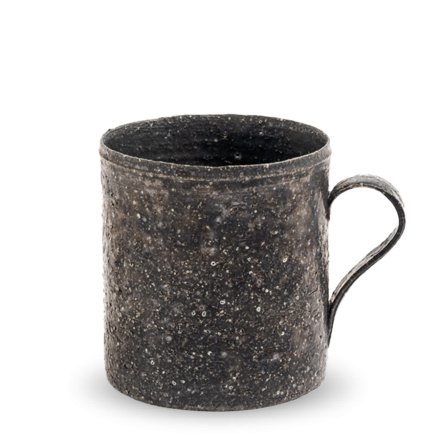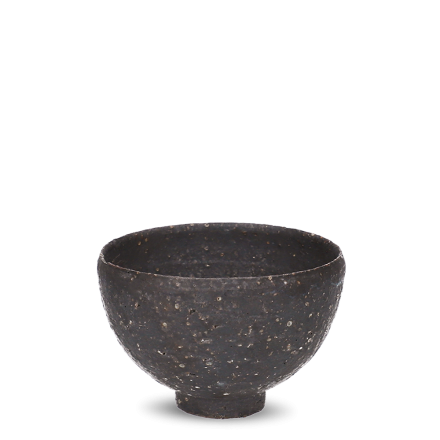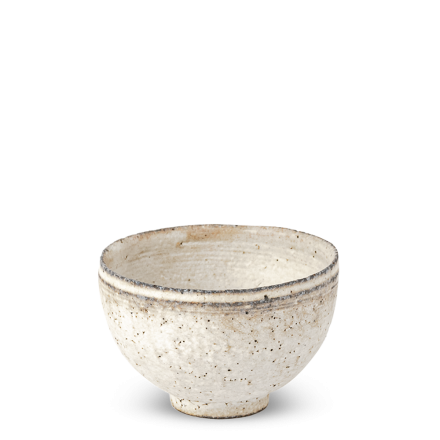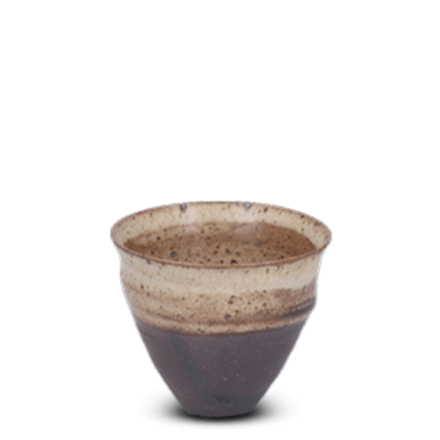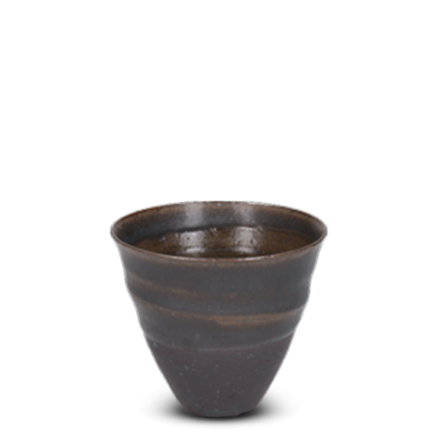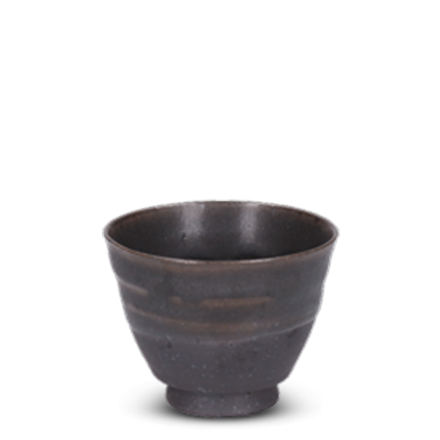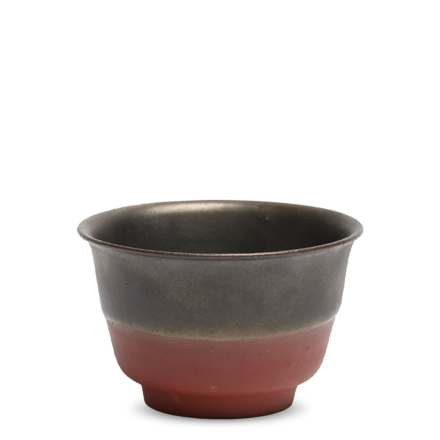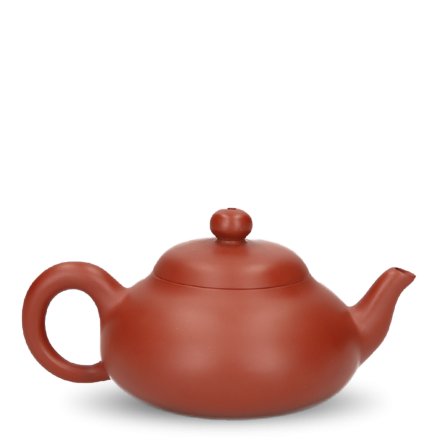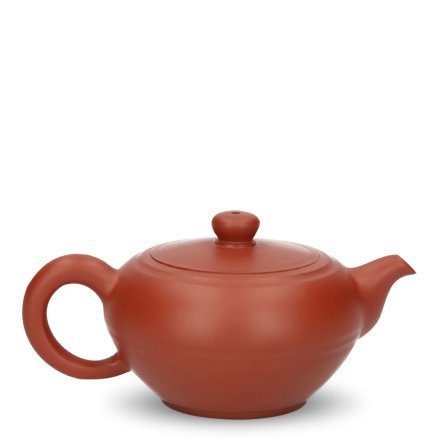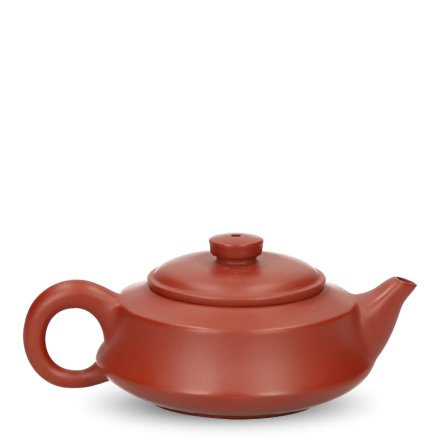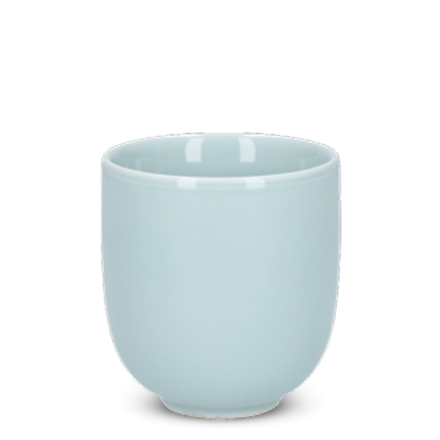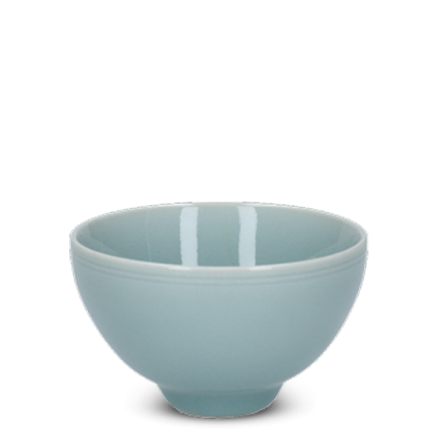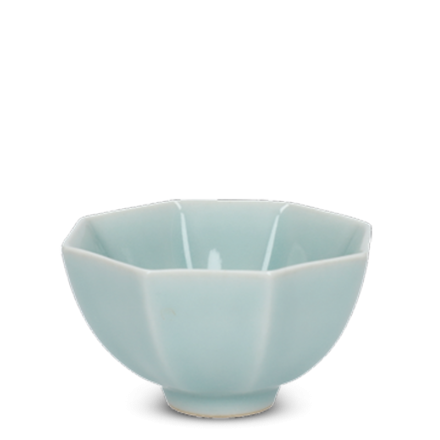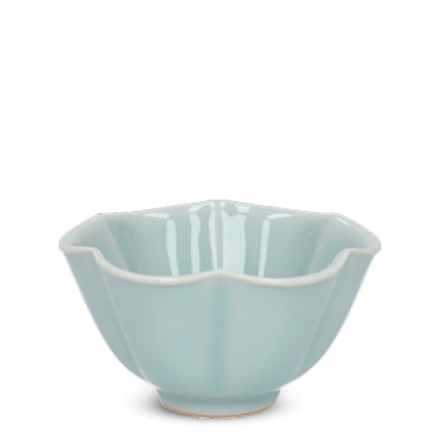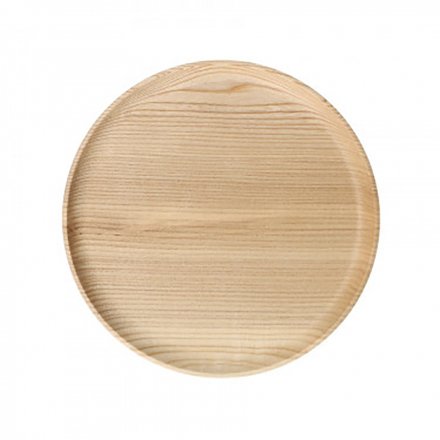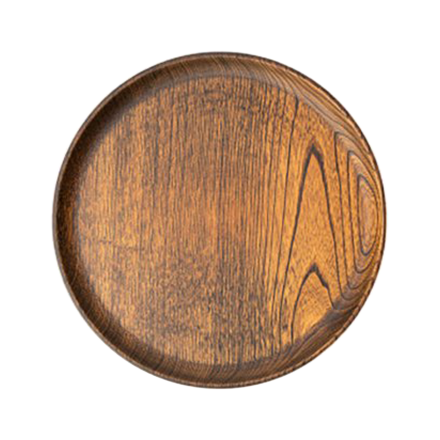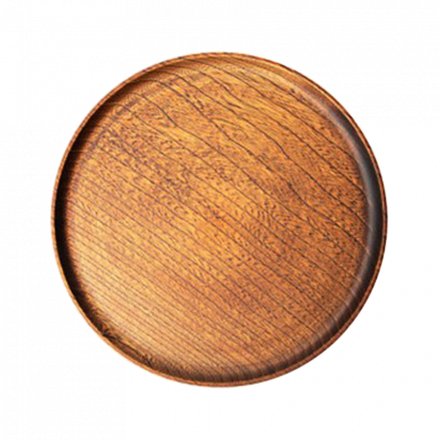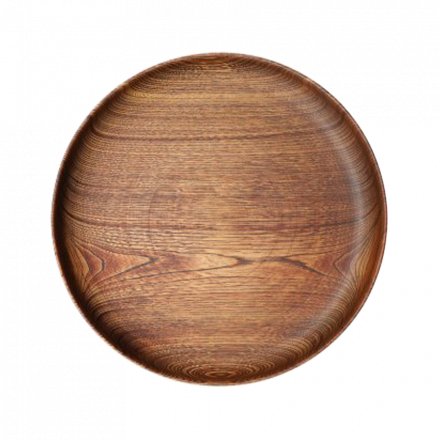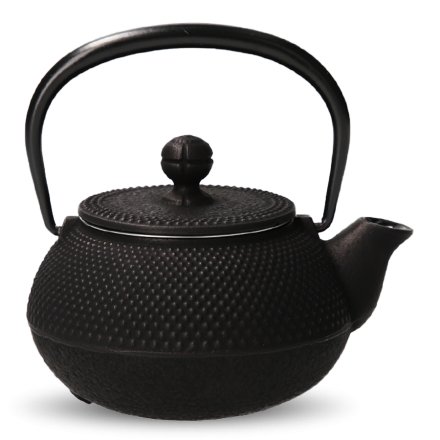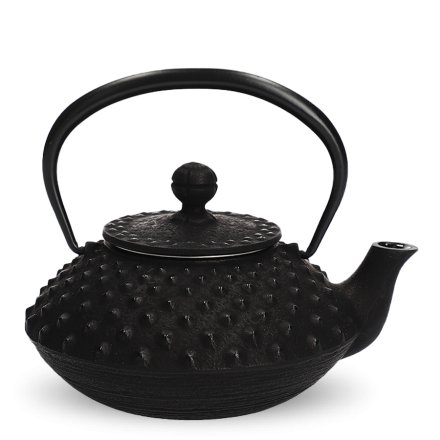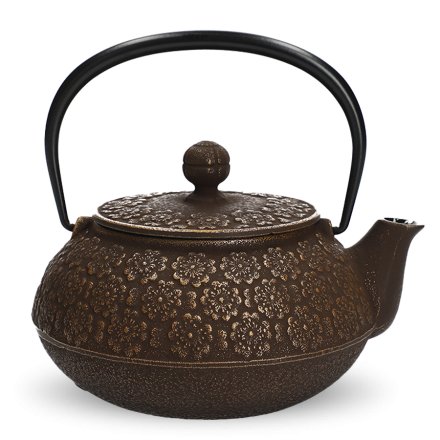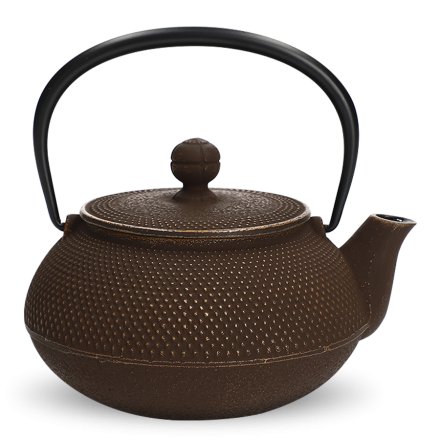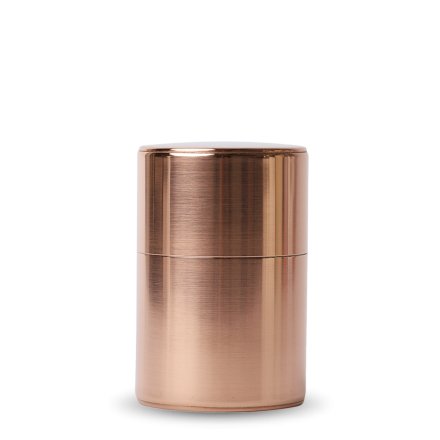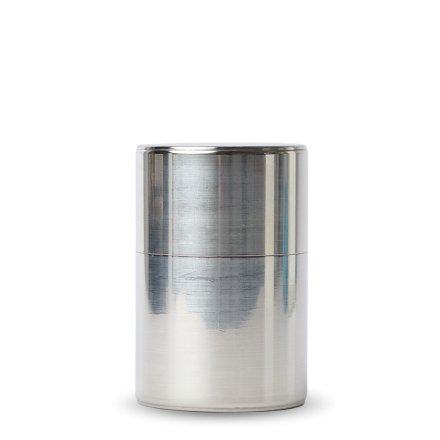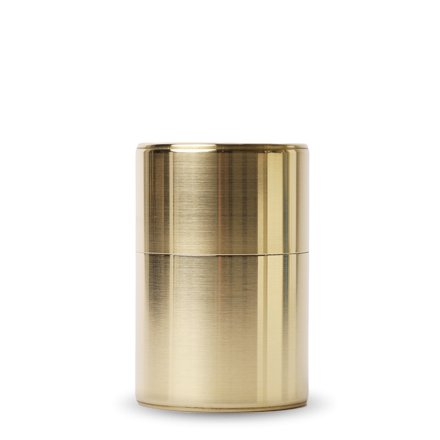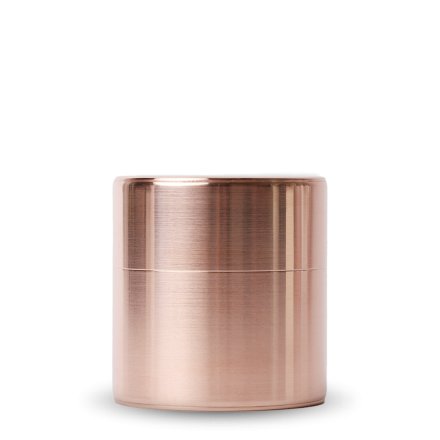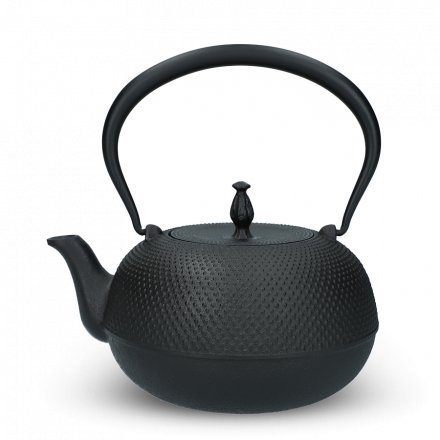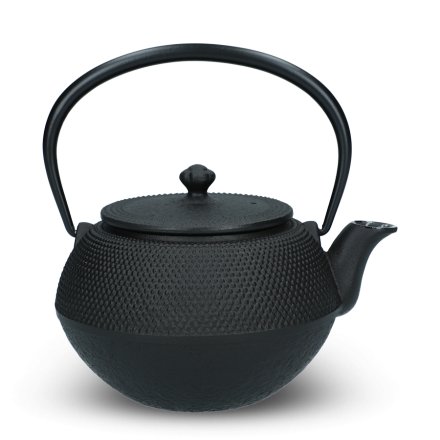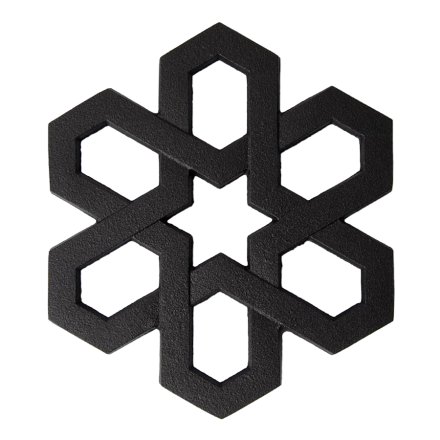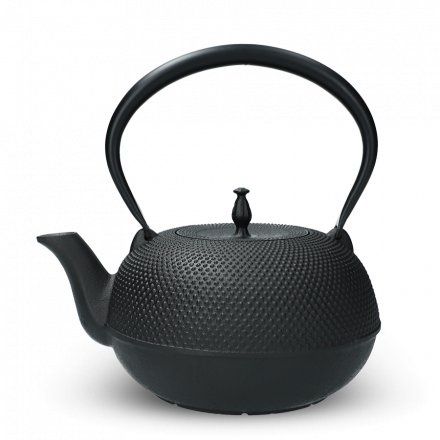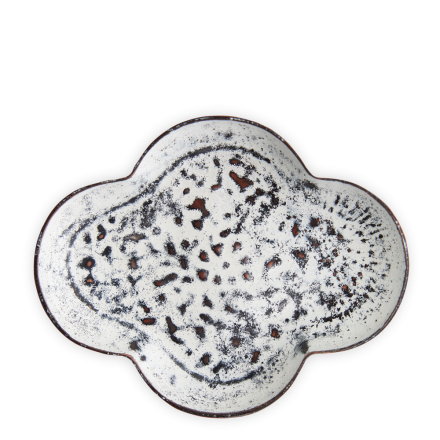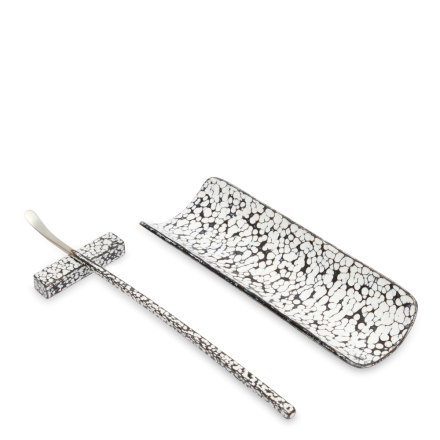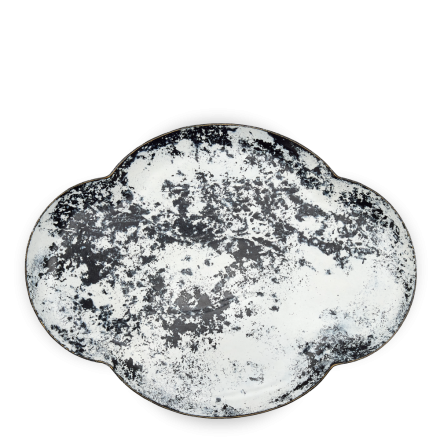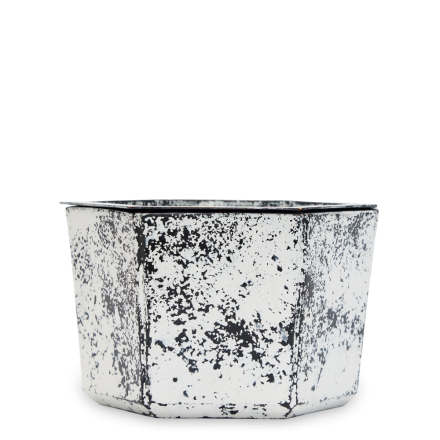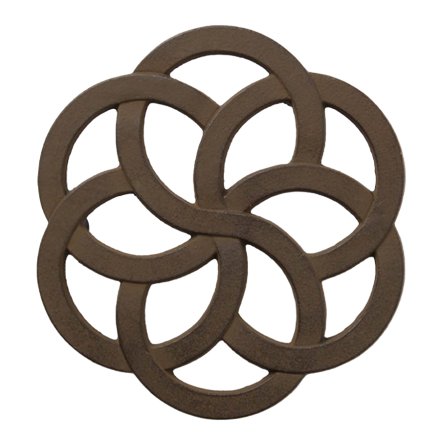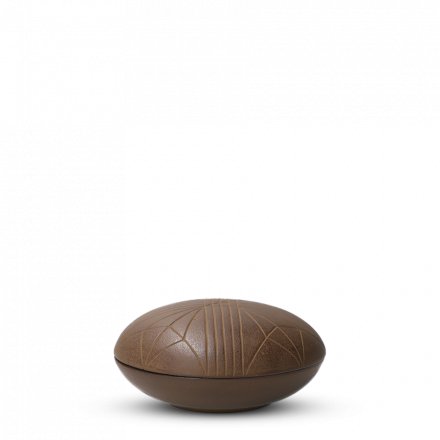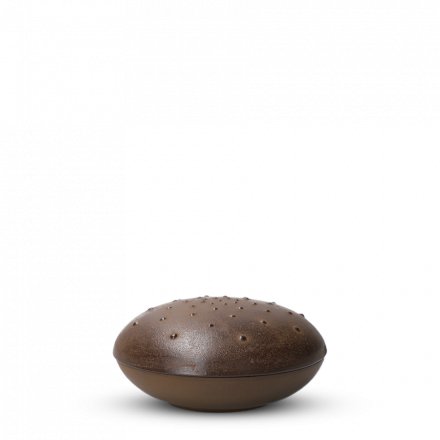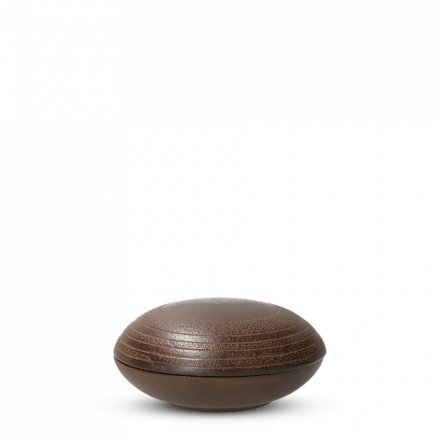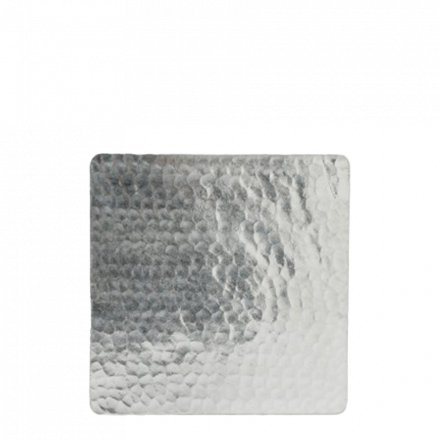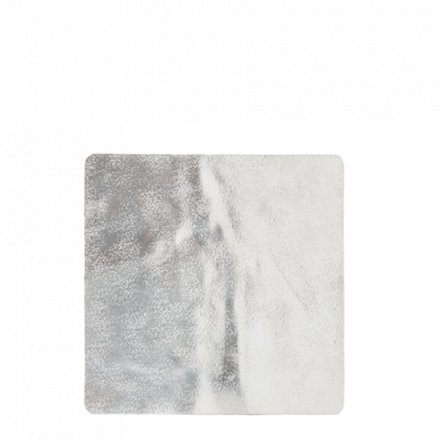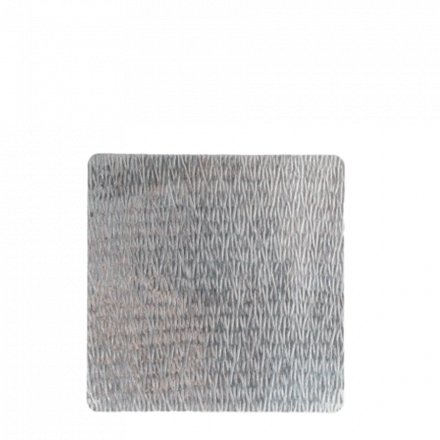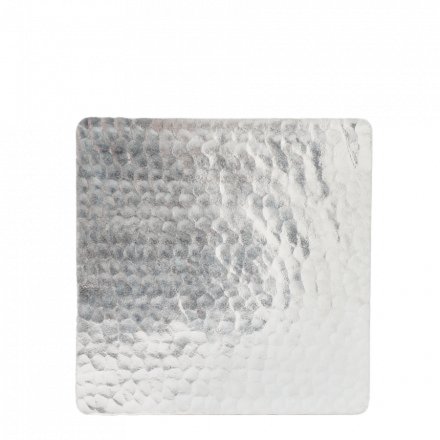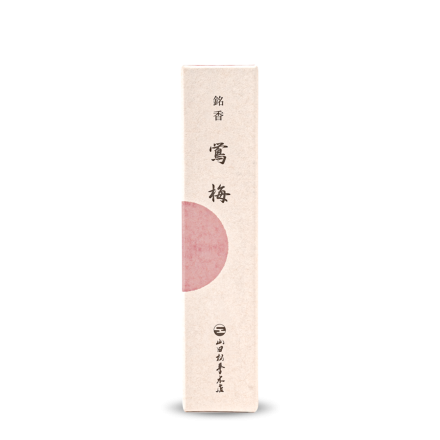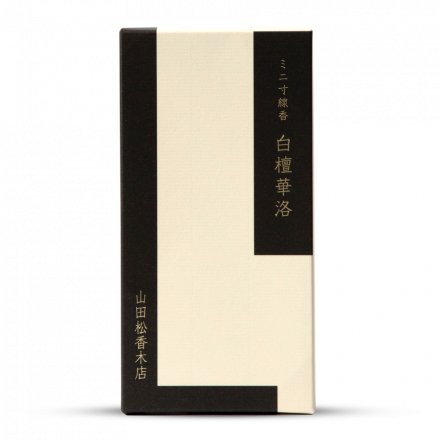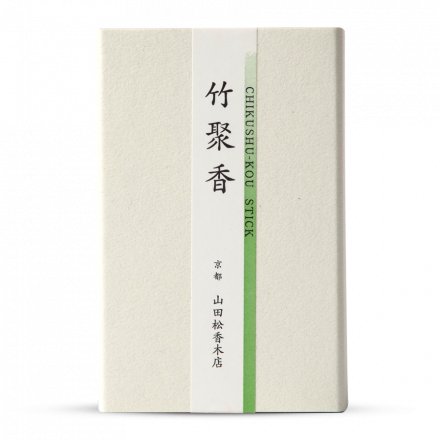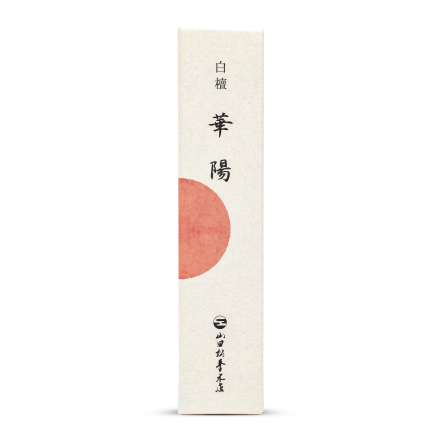Filter Filter
- Home
- Artists | Studios
Artists | Studios
Akira Koie
A master of clay and fire, contemporary Japanese potter Akira Koie was born in the historic pottery town of Tokoname in 1978. Son of the acclaimed ceramic artist Ryoji Koie (1938-2020), his interest in pottery was ignited when he helped his father build a wood-fired kiln. Alongside his practice as a potter, Koie is a prolific builder, excavator and restorer of kilns, with a deep admiration for and dedication to studying ancient ceramics and techniques. This understanding informs his rugged wood-fired works made from natural materials found near his countryside studio, imbuing them with tangible warmth and organic vitality.
Hozan Tanii
Blending tradition with modernity, Hozan Tanii (b.1953) is considered one of the great innovators of Shigaraki-yaki: one of the Six Ancient Kilns of Japan. Since 1975 he has been the third generation kiln master of the Tanikan kiln where he uses a variety of furnaces, including a traditional Anagama "cave kiln", to make one-of-a-kind pieces of tea- and tableware.
Jiang Liqiang
Touched by the flame, this stunning collection of wood-fired ceramics are glazed in soda and baked for over sixty hours to create a one-of-a-kind finish reminiscent of splash marks in traditional Chinese ink paintings. Handcrafted by the young, up-and-coming potter, Jiang Liqiang, as part of his Xu Ni collection named after the sacred Buddhist five-peaked mountain.
Jinshu
The globally-renowned Tokoname-yaki artisan and certified Traditional Craftsman, Seiji Ito (b.1949) is the second generation potter of the Jinshu kiln. His distinctive, award-winning designs embrace traditional materials and techniques – such as Mogake, Yōhen and Chara – while the clean, minimalist forms will not look out of place even in the most contemporary homes.
Lars Kanter
The work of Berlin-based potter Lars Kanter exude a timeless serenity inflected with East Asian influences.
Petr Novak
Deeply immersed in tea culture, Petr Novák is a renowned Czech ceramic artist who has dedicated over two decades to creating teaware to support tea enthusiasts in their Cha Dao practice. All his pieces are handcrafted in the Czech Republic using locally sourced materials.
Sawa Hozan
Second generation Japanese potter Sawa Hozan creates stylish, modern, functional teaware that exudes the characteristic warmth of Shigaraki-yaki. Feel the natural coarseness of the clay in his signature smoked Ibushi finish, while the glazed Asamoya style reveals the clay's milky white smoothness in its purified form.
Takashi Endoh
Stripped back to the bare essentials, Takashi Endoh's iconic minimalist ceramics inspired by modern architecture, design and music offer a neutral canvas to enhance whatever is served within. The signature stone-like finish is achieved through reduction firing Purion clay, revealing surfaces peppered with tangible nuances. All items are handcrafted in Kanagawa, Japan in limited quantities and imported directly from the artist's studio.
Wu Haoyu
Bridging the gap between art and craft, Wu Haoyu creates exquisite contemporary tea ceramics from Nixing clay, which has long been used in traditional Chinese teaware. The delicate pieces in a brown to black palette possess an enchanting metallic sheen thanks to the clay's high iron content.
Zhang Ruiduan
The Yu De Tang workshop in Chaozhou, Guandong province, has been producing traditional Chinese tea ceramics for over a hundred years. As the fourth generation of his family's workshop, Zhang Ruiduan (b.1968) has more than 30 years of handcrafting teaware of the highest quality, earning him the revered titles of Senior Master of the Arts and Crafts and Inheritor of Intangible Cultural Heritage by the Chinese government.
Zhang Weijing
Born in Dongyang, Zhejiang province on the eastern coast of China in 1990, Zhang Weijing is a young, up-and-coming ceramic artist based in Longquan: a city in his home province long famed for its fine celadon wares.
Gato Mikio
For over a hundred years Gato Mikio have been handcrafting fine Japanese lacquerware in Yamanaka Onsen: an area renowned for its rich Urushi heritage. Frequently collaborating with contemporary Japanese designers, their timeless wooden teaware has won numerous design awards both at home and abroad.
Iwachu
Founded in 1902, Iwachu is one of the most well-known and trusted Japanese Nanbu Tekki cast iron brands. From teapots and kettles to woks and trivets, these hard-wearing utensils crafted using traditional techniques are designed to be cherished for a lifetime.
Kaikado
Since 1875 Kaikado have been handcrafting their iconic tinplate tea caddies in Kyoto using traditional metalworking techniques. Admired for their timeless design and functionality, Kaikado caddies have tightly-sealing inner and outer lids that ensure tea leaves stay completely dry for optimal freshness. Uncoated on the outside, the metal develops a gorgeous patina through regular use.
Oigen
Fine cast iron Tetsubin, Tetsu-Kyusu and trivets from the fifth generation family-run foundry Oigen, who have been making stylish and durable Nanbu Tekki ironware in the city of Oshu, Iwate prefecture, since 1852.
Oriento
Founded in 2016, the Guangzhou-based art and design studio, Oriento (五玄土), crafts exquisite pieces of traditional Chinese teaware from copper using innovative colouring techniques and casting technology. Elevate your Gongfu sessions with their stunning Xue Song ("Snow Pine") and Su Bai ("Pure White") collections.
Suzuki Morihisa
One of the original Nanbu Tekki foundries in Iwate, Suzuki Morihisa has been creating first-class cast ironware in Morioka since the 17th century, across sixteen generations.
Syouryu
Add a personal touch to your dining table with foldable Suzugami tin plates from the Shimatani Syouryu workshop in Takaoka, Japan, an area long famed for its metalwork. Melding contemporary design with traditional Buddhist temple gong manufaturing techniques, Suzugami is repeatedly hammered to make it thin like paper with a strength and resilience that allows it to be folded and unfolded again and again.
Yamada-Matsu
The historic Kyoto incense house Yamada-Matsu has a distinguished 200-year history, starting as a pharmacy supplying raw incense materials to local Buddhist temples before developing their own original recipes, which are still used to create their acclaimed incenses today.



